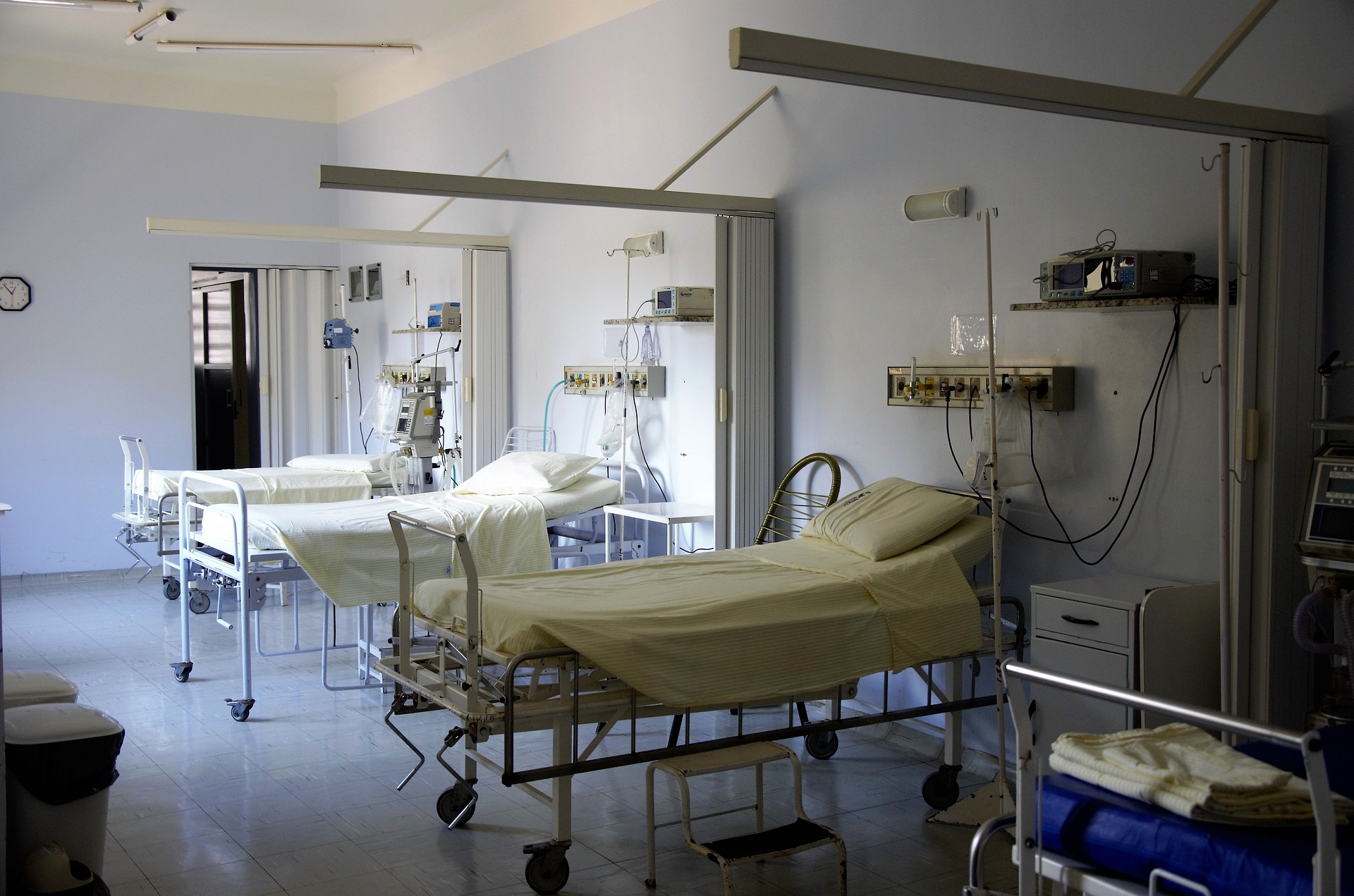
Scottish health system at breaking point
The number of people waiting for hospital treatment, outpatient specialist care and diagnostic tests has risen to 776,341, and well over half of patients in emergency departments cannot be seen on time, official figures reveal. Meanwhile, the number of general practitioners has fallen to a historic low.
The National Health Service in Scotland is under tremendous pressure, with one in seven people in the country waiting for some form of treatment.
Official figures show that the number of people waiting for hospital treatment, outpatient care and diagnostic tests rose to 776,341. To be precise, at the end of September, 474,600 patients were waiting for outpatient care and 141,796 for inpatient care. Of the 616,396 patients, 73,284 had been waiting for a year or more. A further 159,945 people were waiting for diagnostic tests.
Six months ago, one in eight people were waiting for some kind of treatment, meaning that the situation has deteriorated in the past half year. If that weren’t enough, the number of GPs has fallen by 3 per cent over the past three years, to a historic low. Last year, just over a third of practices reported vacancies, in stark contrast to the Scottish government’s pledge to increase the number of GPs by 800 by 2027.
The competence of Health Minister Humza Yousaf has also been called into question after a recent survey showed that a significant proportion of patients in emergency departments are not being treated on time.
Only 35.1 per cent of emergency patients at Glasgow’s Queen Elizabeth University Hospital were seen on time in the week ending 20 November, the worst result since records began. At Edinburgh Royal Infirmary 41 per cent and at Aberdeen Royal Infirmary 47 per cent were seen on time.
These shameful and shocking figures are a ticking time bomb for the country, Dr Sandesh Gulhane, a GP and conservative politician opined. Minister Yousaf’s incompetence is putting lives at risk, Jackie Baillie, the Scottish Labour Party’s health politician, pointed out.
But it’s not just Scotland’s health system that is stretched to the limit, the problem exists across the UK. As previously reported by V4NA,
a study has found that Brexit has exacerbated the acute shortage of doctors in the UK more than expected. There are now over 4,000 fewer European doctors working in the UK health system than was expected before Brexit, a study by the Nuffield Trust revealed.
Anaesthesia, paediatrics, cardiac surgery and psychiatry wards are particularly affected. But it’s not just specialist doctors, the number of nurses has also decreased in the UK because of Brexit, as
professionals now need work visas, which are costly and involve complex and lengthy bureaucracy. The shortage of professionals is also compounded by a significant deterioration in working conditions. In England alone, over 10,000 doctors are still needed.
Recently, another alarming figure had been released, showing that the UK health system has been on the edge of its capacity for months.
In the event of a heart attack or stroke, the ambulance must reach the patient within 18 minutes. However, figures published by the NHS, the UK’s public health service, show that it currently takes an average of 40 minutes for an ambulance to arrive at the scene of an emergency.
In a survey by the GMB union, which also represents ambulance staff, 85 per cent of respondents said they had witnessed delays that had a negative impact on patients, including the death of those patients in some cases.
Tags:

